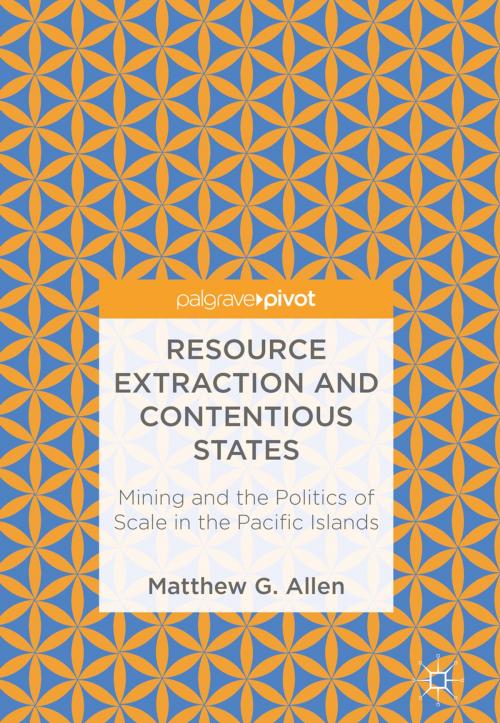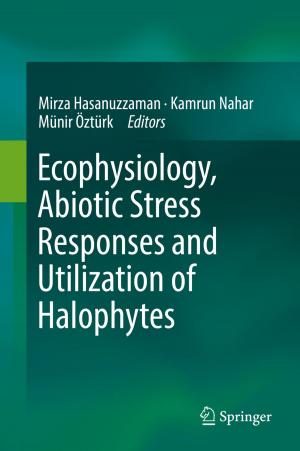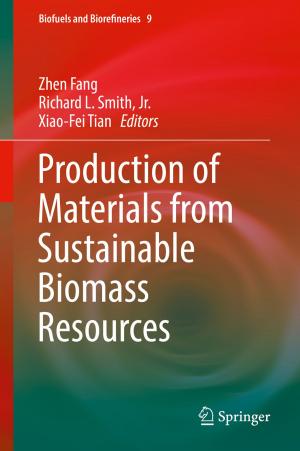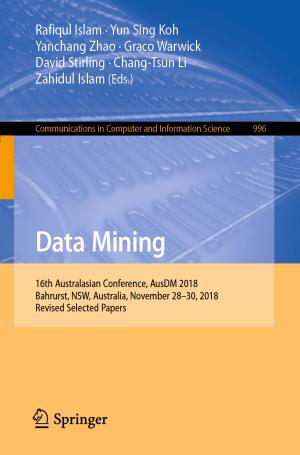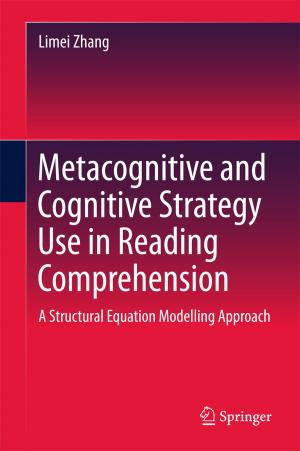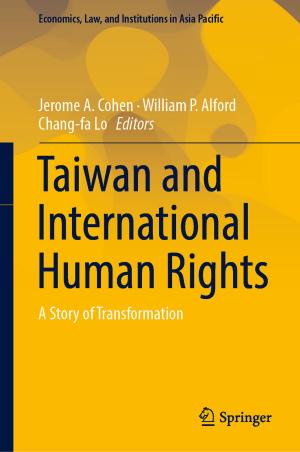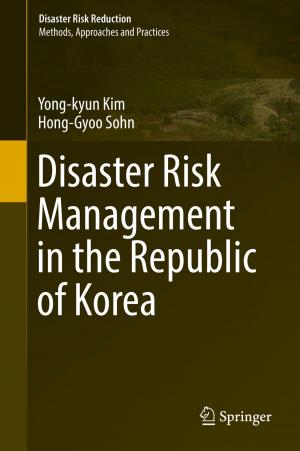Resource Extraction and Contentious States
Mining and the Politics of Scale in the Pacific Islands
Nonfiction, Social & Cultural Studies, Social Science, Sociology, Business & Finance, Economics| Author: | Matthew G. Allen | ISBN: | 9789811081200 |
| Publisher: | Springer Singapore | Publication: | March 20, 2018 |
| Imprint: | Palgrave Pivot | Language: | English |
| Author: | Matthew G. Allen |
| ISBN: | 9789811081200 |
| Publisher: | Springer Singapore |
| Publication: | March 20, 2018 |
| Imprint: | Palgrave Pivot |
| Language: | English |
This Pivot offers a comprehensive cross-country study of the effects of large-scale resource extraction in Asia Pacific, considering how large-scale extractive industries engender contentious social, political and economic questions. Addressing the strong association in Melanesia between extractive resource industries and a spectrum of violence ranging from interpersonal to collective forms, it questions whether islands are particularly potent spaces for the contentious politics that attend enclave economies. The book brings island studies literature into a closer conversation with political and economic geography, demonstrating that islands provide rich spaces for the investigation of the socio-spatial relations at the heart of human geography’s theoretical cannon. The book also has a real-world policy edge, as the sustained and growing dominance of extractive industries, in concert with the highly contentious politics that they engender, places them at the centre of efforts to understand state formation, political reordering and the on-going negotiation of political settlements of various types throughout post-colonial Melanesia. It considers how extractive resource industries can shape processes of state formation, shedding new light on Melanesia’s resource curse.
This Pivot offers a comprehensive cross-country study of the effects of large-scale resource extraction in Asia Pacific, considering how large-scale extractive industries engender contentious social, political and economic questions. Addressing the strong association in Melanesia between extractive resource industries and a spectrum of violence ranging from interpersonal to collective forms, it questions whether islands are particularly potent spaces for the contentious politics that attend enclave economies. The book brings island studies literature into a closer conversation with political and economic geography, demonstrating that islands provide rich spaces for the investigation of the socio-spatial relations at the heart of human geography’s theoretical cannon. The book also has a real-world policy edge, as the sustained and growing dominance of extractive industries, in concert with the highly contentious politics that they engender, places them at the centre of efforts to understand state formation, political reordering and the on-going negotiation of political settlements of various types throughout post-colonial Melanesia. It considers how extractive resource industries can shape processes of state formation, shedding new light on Melanesia’s resource curse.
